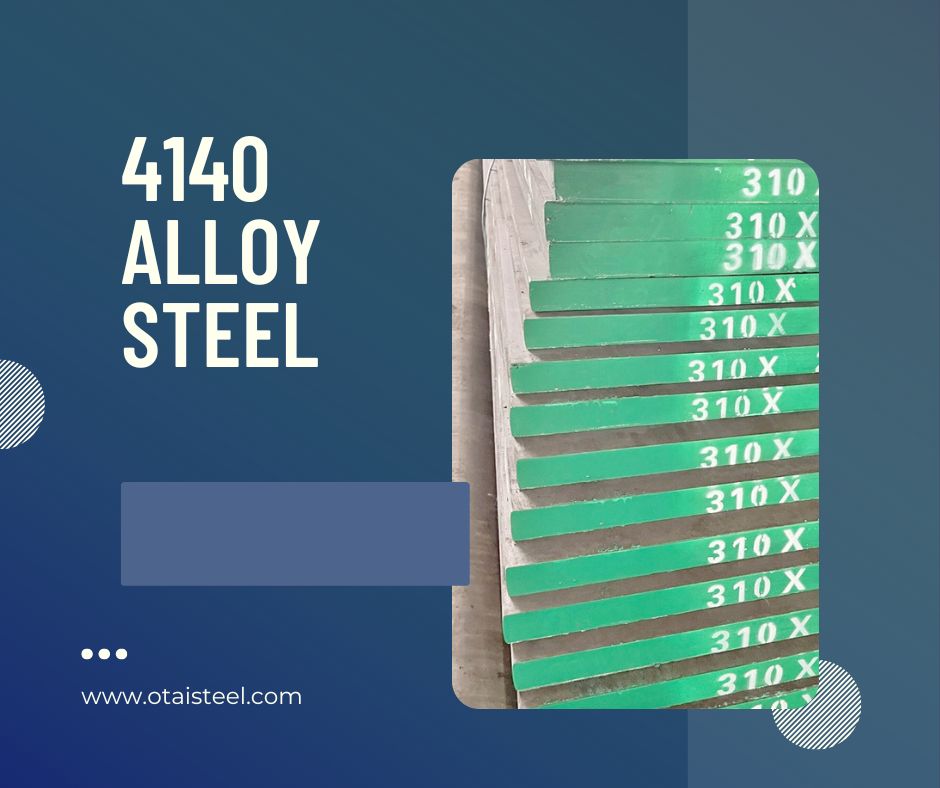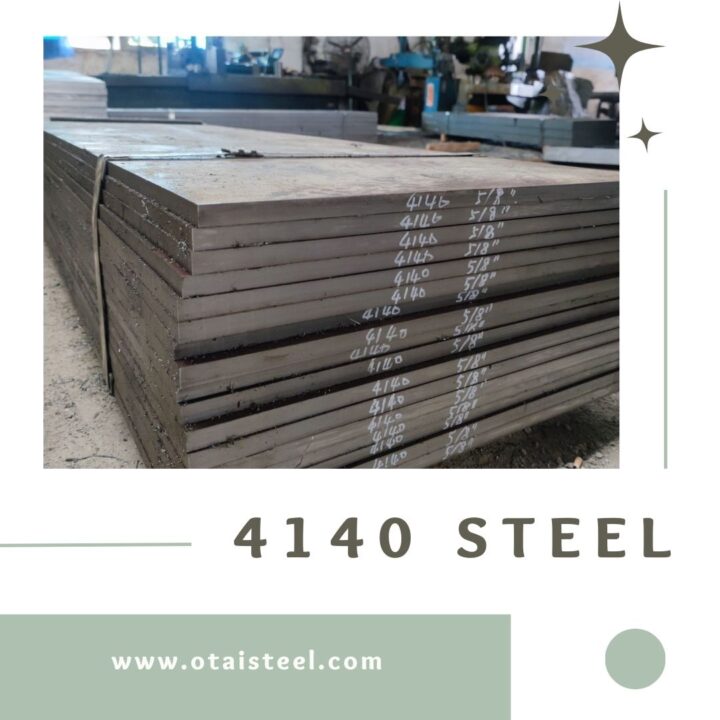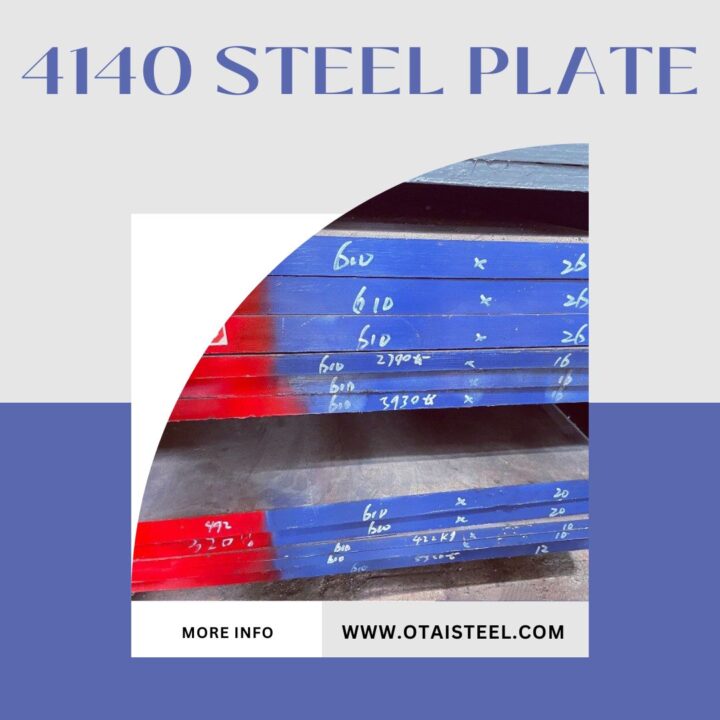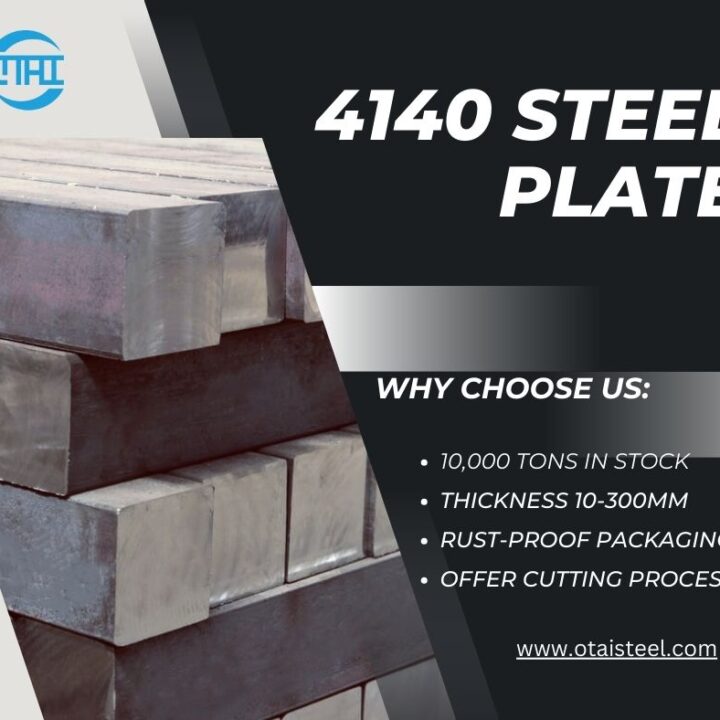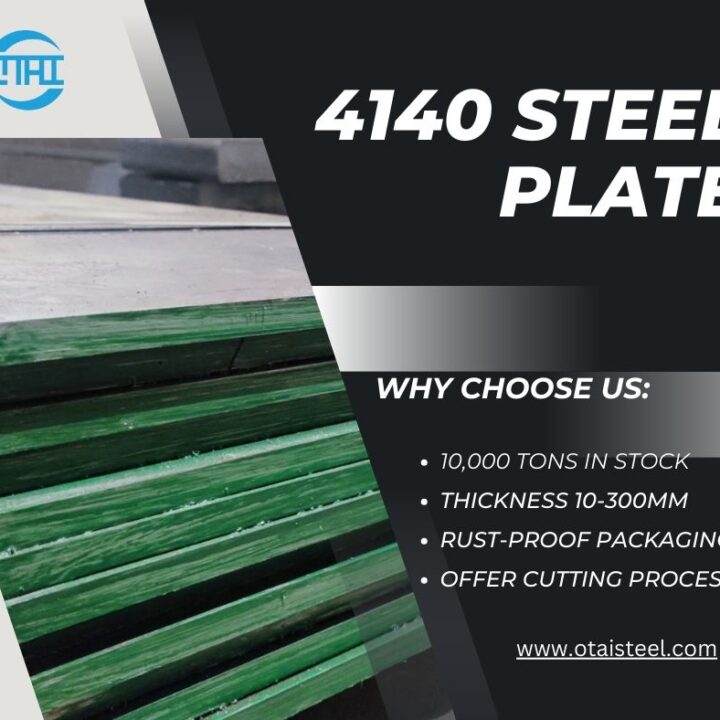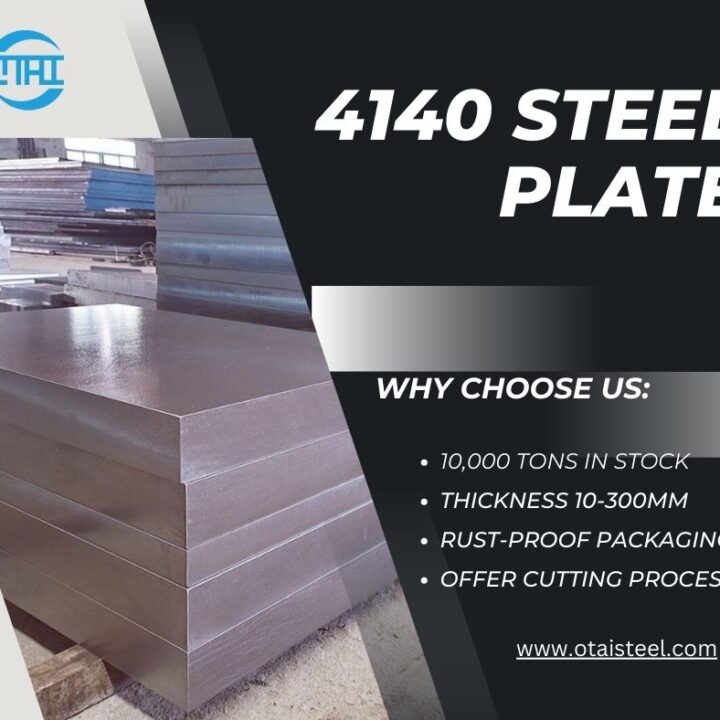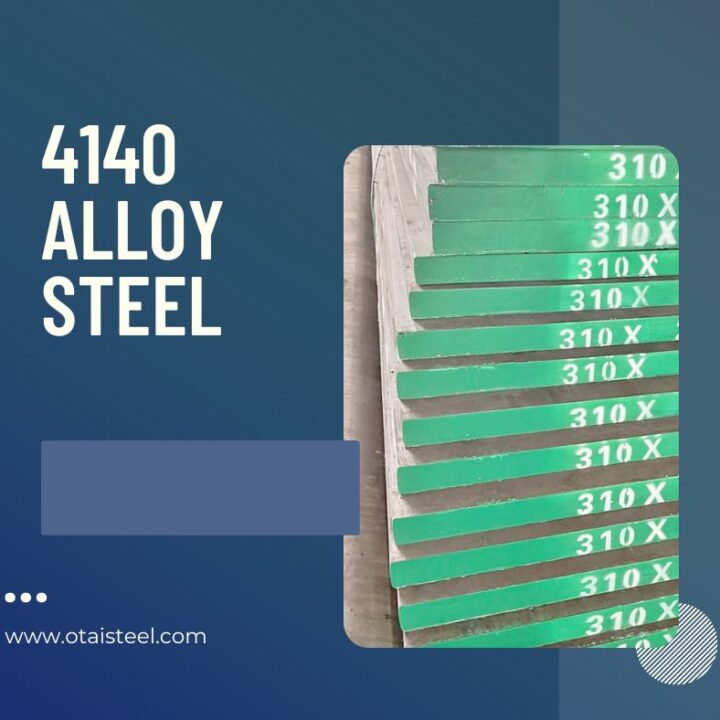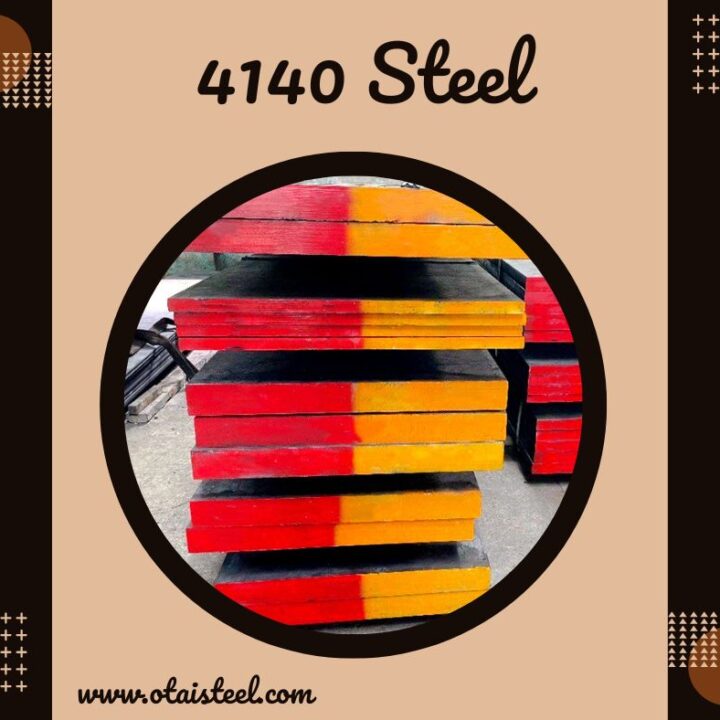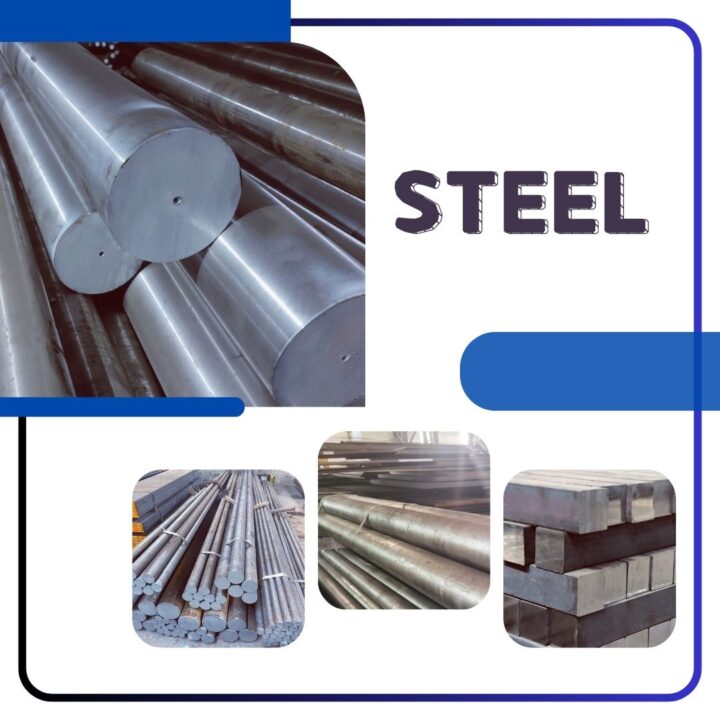Before we dive into hardness, let’s get acquainted with alloy 4140. It is a versatile and widely-used alloy steel known for its exceptional strength, toughness, and wear resistance. Alloy 4140 belongs to the family of chromium-molybdenum alloys, and it’s a popular choice in industries such as automotive, manufacturing, construction, and more.
Understanding Hardness in Alloy 4140
Hardness, in the context of materials like 4140 alloy steel, refers to the material’s resistance to deformation, indentation, or penetration. It’s an essential property because it determines how a material will respond to various types of stress, including compression, impact, and wear.
Measuring Hardness
Hardness is typically measured using standardized tests, and there are several methods for doing so. The two most common methods for measuring hardness in alloy 4140 are:
- Rockwell Hardness Test: This test involves measuring the depth of penetration of an indenter into the material under a specific load. The Rockwell hardness value is expressed as an alphanumeric code, such as HRC (Rockwell C scale) or HRB (Rockwell B scale).
- Brinell Hardness Test: In this test, a hardened steel ball is forced into the surface of the material, and the resulting impression diameter is measured. The Brinell hardness value is expressed as HB.
Both Rockwell and Brinell hardness tests provide valuable information about the hardness of alloy 4140, allowing engineers and manufacturers to make informed decisions about its suitability for specific applications.
Significance of Hardness in Alloy 4140
The hardness of alloy 4140 plays a pivotal role in its performance across various industries:
- Manufacturing: In manufacturing processes, the hardness of 4140 steel is crucial for determining the tooling and machining methods required to shape it effectively.
- Automotive: In the automotive industry, the hardness of 4140 steel ensures that components like axles, crankshafts, and gears can withstand the stresses of engine operation and vehicle movement.
- Construction: For structural components in construction, the hardness of 4140 steel ensures stability and durability in buildings, bridges, and other infrastructure.
- Aerospace: In aerospace applications, hardness is a critical factor for components such as landing gear, where the material must withstand extreme loads.
- Oil and Gas: The hardness of 4140 steel is vital in the oil and gas industry for drilling equipment, valves, and pipelines, where it must resist wear and corrosion.
Achieving Desired Hardness Levels
One of the advantages of alloy 4140 is that its hardness can be tailored to meet specific requirements through heat treatment processes such as quenching and tempering. These processes allow engineers to control the material’s hardness while maintaining its other desirable properties.
FAQs (Frequently Asked Questions)
1. Is higher hardness always better for 4140?
Not necessarily. The desired hardness level for alloy 4140 depends on the specific application. While higher hardness can provide greater resistance to wear and deformation, it may also make the material more brittle. Engineers must strike a balance based on the application’s requirements.
2. Can I change the hardness of 4140 after it has been manufactured?
Yes, the hardness of alloy 4140 can be altered through heat treatment processes like quenching and tempering. This allows for precise control over the material’s hardness to meet specific project needs.
3. What is the typical hardness range for 4140 steel?
Alloy 4140 steel typically has a hardness range between 22 HRC (Rockwell C) and 30 HRC, depending on the heat treatment and alloy composition. However, it can be customized for specific applications.
4. Does higher hardness always mean greater strength?
While hardness and strength are related, they are not the same. Higher hardness generally correlates with increased strength, but other factors like alloy composition and heat treatment also play a significant role in determining a material’s strength.
5. Can 4140 be used in high-temperature applications despite its hardness properties?
Yes, alloy 4140 can be used in high-temperature applications when appropriately heat-treated. The heat treatment process can enhance its high-temperature properties while maintaining hardness and strength.
